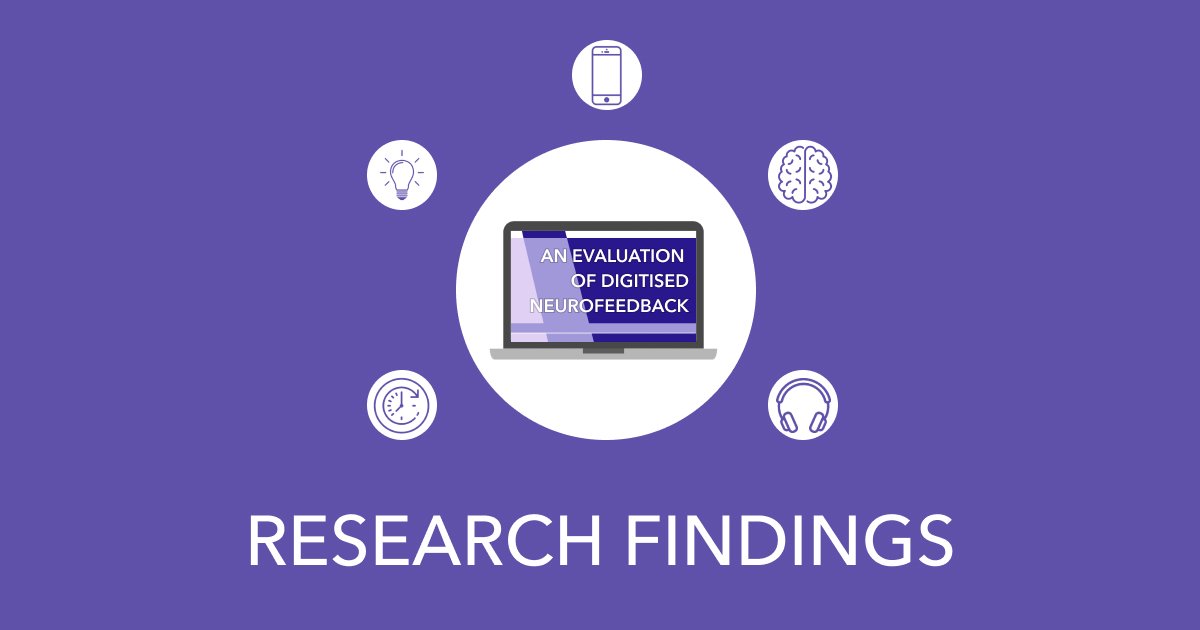New research evaluates SPHERE app as more effective in treating stress, anxiety and PTSD than the leading meditation app in the market.
SPHERE™ by Stress Point Health, today announces the results of new research on the effectiveness of Digitised Neurofeedback, conducted by students of the Faculty of Medicine, Imperial College London. Key outcomes highlight SPHERE as more effective than the leading meditation app in most outcomes, and Digitised Neurofeedback as a leading digital tool for treating stress, anxiety and PTSD.
Sheena Pirbhai, Stress Point Health CEO and Founder, commented: “It’s fantastic to see Imperial students taking an interest in Digitised Neurofeedback, and our innovative mental health treatment app, SPHERE. We truly believe that this technology has the potential to change mental health support as we know it, by offering acute relief from stress, anxiety and PTSD at scale, to everyone in need.
The results highlight the superiority of digitised Neurofeedback and that focusing on the emotional centre of the brain is an essential component to the effective treatment of trauma.”
Research overview
Neurofeedback is a form of self-control of the brain via the measurement of brain waves and provision of a feedback signal. Typically, neurofeedback provides audio/video feedback to the user.
A number of studies have found potential for neurofeedback as an alternative tool to exposure therapy for a range of neuropsychiatric conditions, but the potential for this type of treatment has not yet been fully realised due to both cost and limited availability. SPHERE has digitised neurofeedback and made it accessible on a mobile device. The innovative treatment is designed to directly address the mind’s emotional response to stress, anxiety or PTSD and in this way can provide acute relief in one, 20-minute session, in a cost effective and accessible way – from the comfort of your home.
The aim of the SPHERE evaluation was to find out whether the app was more effective in improving the common symptoms of stress and anxiety than the marketplace-leading meditation app. This was measured through students’ primary aim of investigating change in heart rate for the participants pre- and post- session. Their secondary aim was to investigate changes in other parameters pre- and post- session. Their null hypothesis stated that SPHERE was not more effective, compared to the marketplace-leading meditation application, in improving the common symptoms associated with stress and anxiety.
Methodology
39 participants were recruited via an opportunistic sampling approach. Participants were randomly assigned to one of the following groups, each with a corresponding pathway, to evaluate the below:
- SPHERE application
- Leading meditation application
- Leading meditation application & artificially induced stress
Participants had access to the SPHERE app, which digitises Neurofeedback and offers access to this treatment for the first time through smartphone technology.
Data was recorded to assess for changes pre- and post- session across the following parameters:
- Heart and respiratory rate
- Cognition score
- Self-determined stress level
- Perception of session’s utility
Results
The research highlighted that SPHERE and its use of digitised neurofeedback was more effective in improving the common symptoms of stress and anxiety compared to the leading application with and without an artificial “stressor” applied.
Current PTSD treatments involve recalling distressing events, causing high patient dropout. Widely available neurofeedback therapy can revolutionise treatment for neuropsychiatric conditions involving stressful triggers. Result highlights include:
- A significant 11.6% decrease in heart rate from pre- to post- session in the SPHERE cohort compared to both the leading meditation app, and the leading meditation app plus artificially induced stress cohorts
- There was an increased change across most other parameters between SPHERE and the leading meditation app, and the leading meditation app plus artificially induced stress cohorts, although this was not significant
The research has been carried out by Karanjot Chhatwal, Viraj Shah and Elina Tanskanen, students in the Faculty of Medicine, Imperial College London. The research has been presented at the European Conference on Mental Health on Sep 29 – Oct 1, 2021, and at the XXV World Congress of Neurology (WCN 2021), in Rome, Italy | 3 – 7 October 2021.



